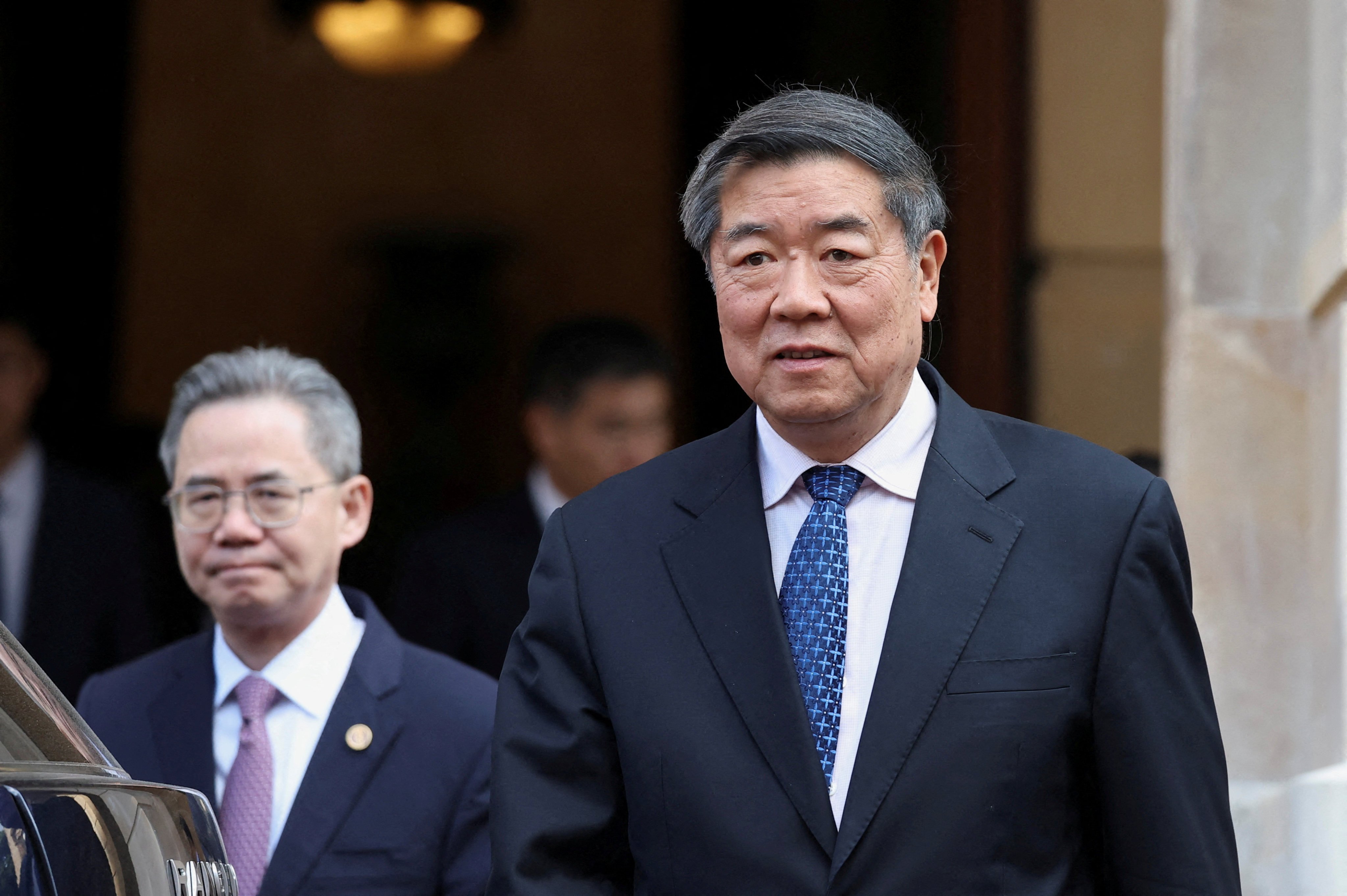China, US ease export curbs but Trump’s Vietnam deal risks blowback: analysts
Progress after London talks signals a thaw, but analysts say Washington’s crackdown on transshipments could reignite tensions

A week after announcing long-anticipated progress from high-level talks in London, China and the United States are taking concrete steps to clear export hurdles and issue licenses for strategic goods.
The easing of trade restrictions signals a tentative reset between the world’s two largest economies. But the thaw remains fragile, as analysts warned that Washington’s new trade deal with Vietnam could provoke a response from Beijing.
Still, for now, both sides have moved to restore access to critical technologies and high-priority exports.
Leading American chip design software firms Synopsys and Cadence Design Systems have received official notices about the rollback of export restrictions and were working to restore access to their products for customers in China, according to company statements on Thursday.
Siemens also confirmed it had made its software fully available again to Chinese clients.
On Wednesday, the US government sent letters to major ethane producers and exporters – Enterprise Products Partners and Energy Transfer – revoking a licensing requirement imposed in June and clearing the way for shipments to China to resume, according to Reuters.
Before the restrictions, China – reliant on the US for 98 per cent of its methane, according to Commerce Secretary Howard Lutnick – accounted for about half of all American ethane exports.
Vietnam’s role as a potential connector for Chinese exports to the US will diminishSu Yue, Principal China Economist at the Economist Intelligence Unit
Meanwhile, China has resumed rare earth magnet exports to the US, Treasury Secretary Scott Bessent confirmed – although volumes have not yet returned to pre-April levels.
Beijing had previously imposed export controls on several rare earth materials and magnet-related products after US trade restrictions, underscoring its dominance in global supply chains crucial to the automotive, aerospace, semiconductor and defence sectors.
“We are hoping that they will flow at a faster rate,” Bessent told Fox News on Tuesday, when asked whether China had resumed the exports.
After weeks of silence following the London trade talks, Beijing confirmed progress last Friday. The Ministry of Commerce announced it would review and approve export applications for controlled items, while the US would also remove some of its restrictions.
Beijing and Washington have been in close communication since the two-day round of talks and are working to implement the framework agreed by both sides, the ministry added.
“We hope the US side will work with China, in line with the important consensus and requirements put forward during the June 5 talk between the two presidents.”
But the tentative reset between the world’s two largest economies remains precarious.
A new US trade deal with Vietnam, announced on Wednesday, threatens to provoke a backlash from Beijing as Washington targets transshipments of Chinese goods, analysts said.
US President Donald Trump announced the new trade deal with Vietnam, which includes a 20 per cent tariff on Vietnamese exports and a steep 40 per cent tariff on transshipped goods – measures that could hit companies reliant on supply chains linking Vietnam and China.
According to Su Yue, Principal China Economist at the Economist Intelligence Unit, the deal signals Washington’s intent to prevent Vietnam from becoming a conduit for Chinese goods. Beijing, she said, may view this as a strategy to isolate China from critical supply chains – prompting a diplomatic and economic response that could target both the US and Vietnam.
“While the exact criteria for defining transshipment remain unclear, it is evident that Vietnam’s role as a potential connector for Chinese exports to the US will diminish,” she said.
“Additionally, the move implies that the ultimate tariff imposed on China may also reach 40 per cent, as it would be illogical to penalise Vietnam more severely than China itself.”
On Thursday, Ministry of Commerce spokesperson He Yongqian told reporters that China was closely evaluating the US-Vietnam trade deal and reiterated Beijing’s strong opposition to what it called Washington’s “unilateral bullying”.
“We welcome all parties to resolve trade disputes with the US through equal consultation, but firmly oppose any deal that comes at the expense of China’s interests,” he said.
“If that happens, China will respond resolutely to safeguard its legitimate rights.”
Additional reporting by Ji Siqi